We’re optimistic that within five years we’ll see real-world applications’: Google thinks it’s on the cusp of delivering on its quantum computing dream – even if Jensen Huang isn't so sure
The Nvidia CEO tanked quantum stocks in January after dismissing the viability of the technology

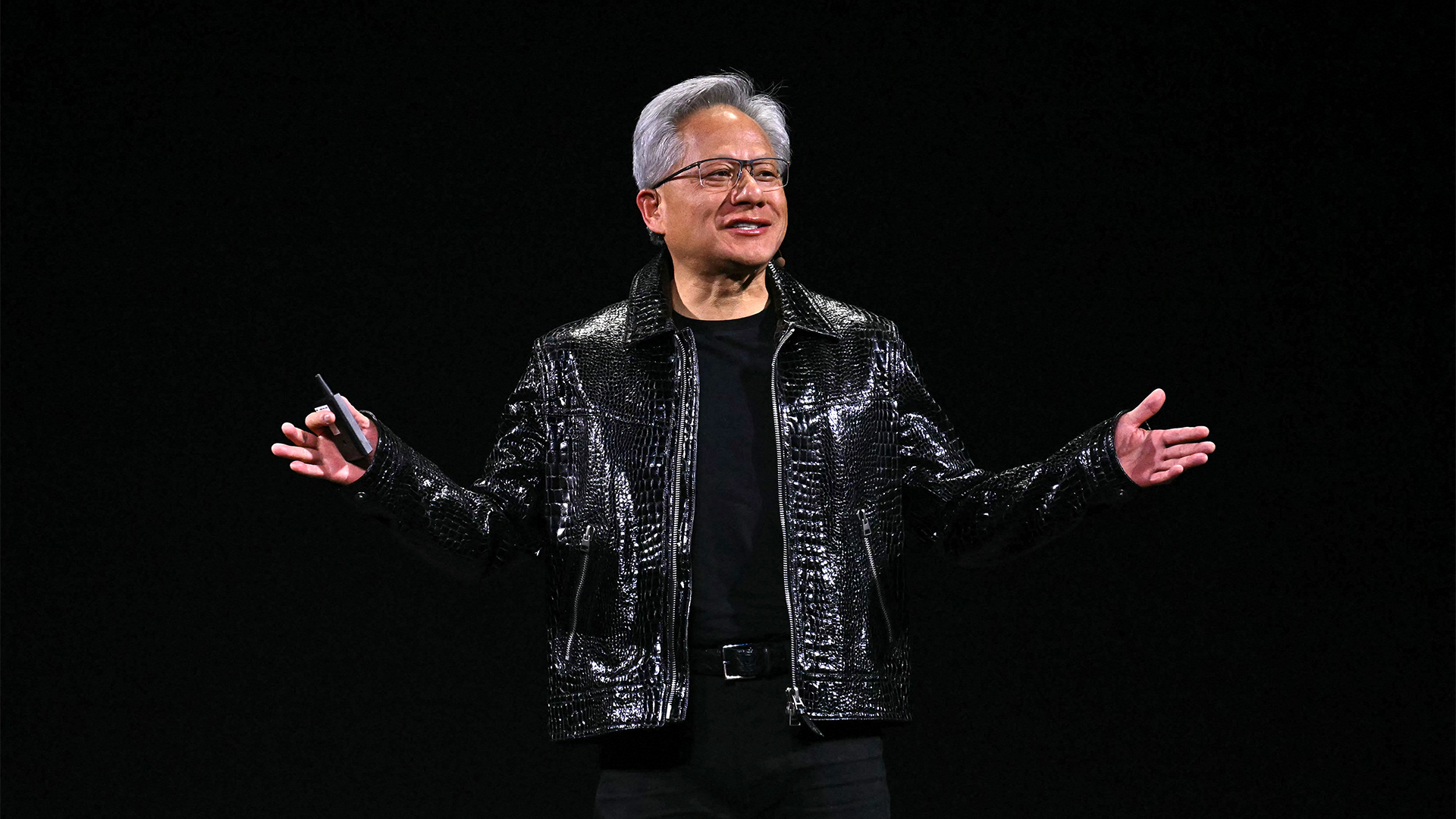
Nvidia CEO Jensen Huang might not be sold on the immediate potential of quantum computing, but industry giant Google appears to disagree.
The tech giant could be aiming to release commercial quantum computing applications within the next five years, according to reports from Reuters this week.
“We’re optimistic that within five years we’ll see real-world applications that are possible only on quantum computers,” Hartmut Neven, founder and lead of Google Quantum AI told the publication.
Neven’s optimistic outlook follows skeptical comments on the real-world applications of quantum computing by Nvidia co-founder and CEO Jensen Huang last month.
Interest in the potential of quantum technology has been building rapidly in recent years. In July 2024, analysis from Boston Consulting Group projected quantum computing will create anywhere between $450 billion and $850 billion in economic value by 2040.
But despite growing enterprise interest, the quantum computing space still remains in a nascent stage – a talking point which Huang was keen to emphasize, insisting that practical, real-world applications could still be decades away.
“So if you kind of said 15 years for very useful quantum computers, that’d probably be on the early side. If you said 30 is probably on the late side. But if you picked 20, I think a whole bunch of us would believe it,” he said, according to reporting from Axios.
Sign up today and you will receive a free copy of our Future Focus 2025 report - the leading guidance on AI, cybersecurity and other IT challenges as per 700+ senior executives
Huang’s critical comments prompted shares in a host of popular quantum computing companies to nosedive. Shares in Quantum Computing Inc fell by 45%, for example, while IonQ experienced a 42% dip.
Notably, shares in Reigetti Computing plummeted 46%. The firm has reported significant growth over the last year, recording an 1,800% rise in stock prices.
Total losses on the back of Huang’s comments amounted to around $4 billion in market capitalization.
Quantum computing hype is building
Huang’s comments on the lack of real-world applications for quantum computing aren’t without merit. However, despite this enterprises still appear to be bullish on the potential of the technology - and this has been reflected in venture capital funding for organizations operating in the space.
Analysis from Crunchbase in November last year showed quantum computing startups had raised $1.5 billion in VC funding up until that point, with funding pledges spanning some 50 deals.
Notably, this marked a doubling of the $785 million raised in the year prior as well as the $963 million raised in 2022, which represented an all-time high.
Direct investment in quantum by enterprises is also building, research shows. A recent study from QuEra Computing found that global budgets for quantum applications are expected to rise by 20% in 2025 alone.
“The projected growth in both confidence and investment reflects a growing recognition of quantum computing’s potential to address complex challenges and drive innovation in key sectors,” the firm said.
Google has a track record with quantum gains
Google’s positive outlook on quantum computing appears to be firmly based around recent successes with the technology. In early December, the company announced it had made a major breakthrough with its new ‘Willow’ quantum chip, for example.
RELATED WHITEPAPER

Using the chip, Google said it had successfully completed calculations that would previously have taken current-gen supercomputers 10 septillion years.
At the time, Google said the Willow success would pave the way to a “useful, large-scale quantum computer”, and CEO Sundar Pichai was highly vocal about the potential real-world applications on social media.
“We see Willow as an important step in our journey to build a useful quantum computer with practical applications in areas like drug discovery, fusion energy, battery design + more,” he said.

Ross Kelly is ITPro's News & Analysis Editor, responsible for leading the brand's news output and in-depth reporting on the latest stories from across the business technology landscape. Ross was previously a Staff Writer, during which time he developed a keen interest in cyber security, business leadership, and emerging technologies.
He graduated from Edinburgh Napier University in 2016 with a BA (Hons) in Journalism, and joined ITPro in 2022 after four years working in technology conference research.
For news pitches, you can contact Ross at ross.kelly@futurenet.com, or on Twitter and LinkedIn.
-
 Hackers are using LLMs to generate malicious JavaScript in real time
Hackers are using LLMs to generate malicious JavaScript in real timeNews Defenders advised to use runtime behavioral analysis to detect and block malicious activity at the point of execution, directly within the browser
-
 Developers in India are "catching up fast" on AI-generated coding
Developers in India are "catching up fast" on AI-generated codingNews Developers in the United States are leading the world in AI coding practices, at least for now
-
 HPE and Nvidia launch first EU AI factory lab in France
HPE and Nvidia launch first EU AI factory lab in FranceNews The facility will let customers test and validate their sovereign AI factories
-
 Dell Technologies doubles down on AI with SC25 announcements
Dell Technologies doubles down on AI with SC25 announcementsAI Factories, networking, storage and more get an update, while the company deepens its relationship with Nvidia
-
 IBM is targeting 'quantum advantage' in 12 months – and says useful quantum computing is just a few years away
IBM is targeting 'quantum advantage' in 12 months – and says useful quantum computing is just a few years awayNews Leading organizations are already preparing for quantum computing, which could upend our understanding of linear mathematical problems
-
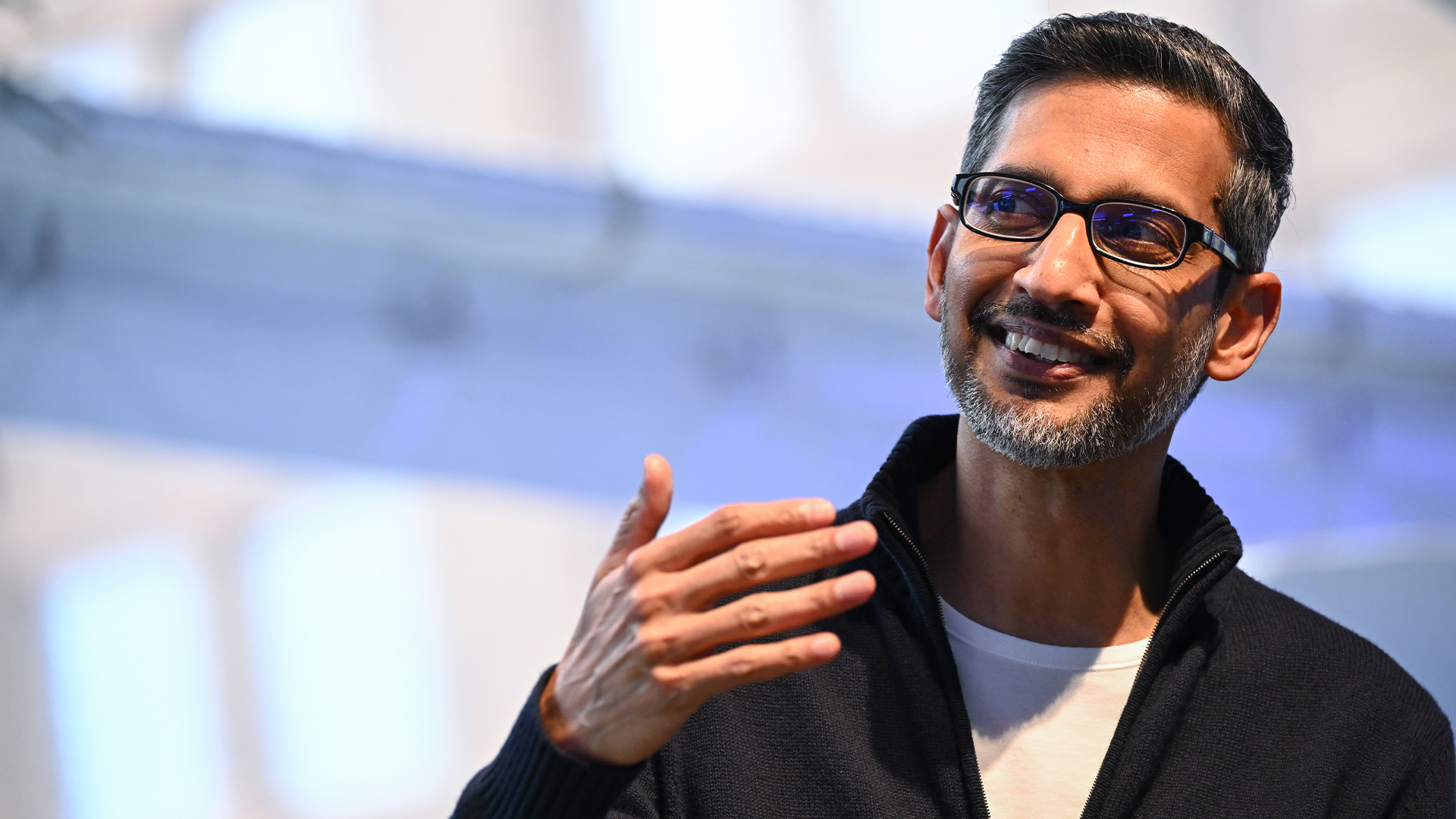 Sundar Pichai thinks commercially viable quantum computing is just 'a few years' away
Sundar Pichai thinks commercially viable quantum computing is just 'a few years' awayNews The Alphabet exec acknowledged that Google just missed beating OpenAI to model launches but emphasized the firm’s inherent AI capabilities
-
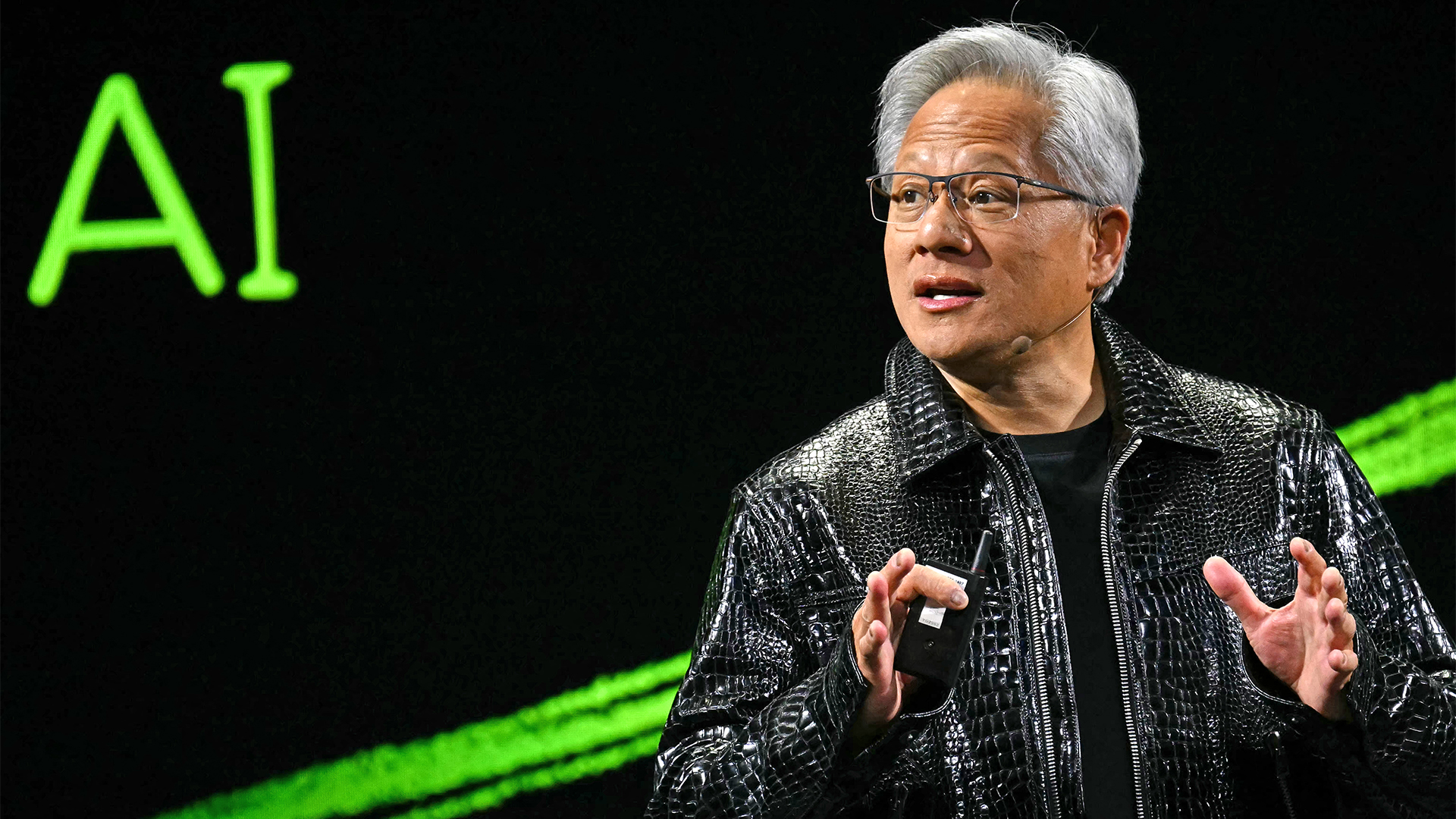 Nvidia CEO Jensen Huang says future enterprises will employ a ‘combination of humans and digital humans’ – but do people really want to work alongside agents? The answer is complicated.
Nvidia CEO Jensen Huang says future enterprises will employ a ‘combination of humans and digital humans’ – but do people really want to work alongside agents? The answer is complicated.News Enterprise workforces of the future will be made up of a "combination of humans and digital humans," according to Nvidia CEO Jensen Huang. But how will humans feel about it?
-
 Future-proofing cybersecurity: Understanding quantum-safe AI and how to create resilient defenses
Future-proofing cybersecurity: Understanding quantum-safe AI and how to create resilient defensesIndustry Insights Practical steps businesses can take to become quantum-ready today
-
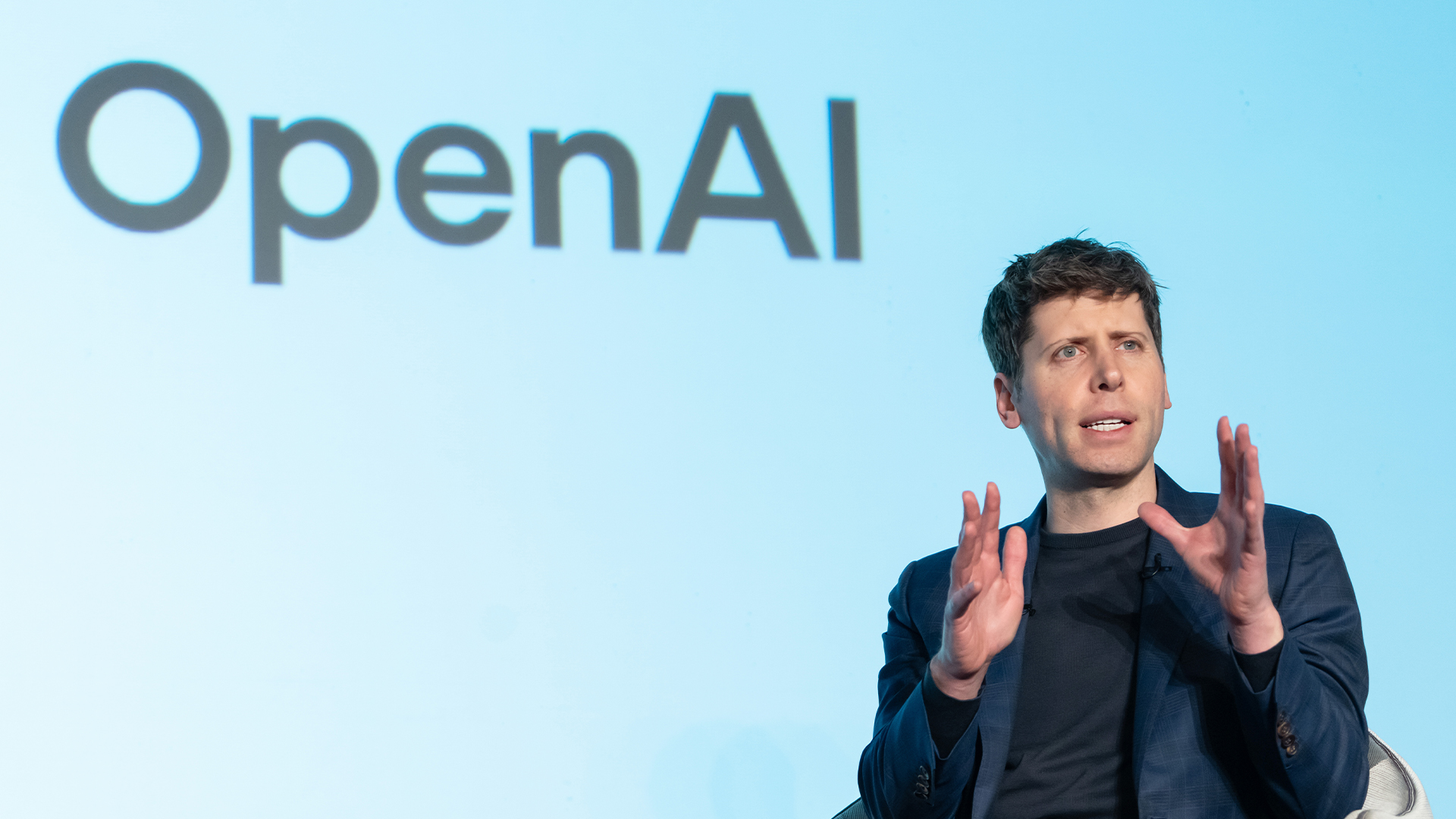 OpenAI signs another chip deal, this time with AMD
OpenAI signs another chip deal, this time with AMDnews AMD deal is worth billions, and follows a similar partnership with Nvidia last month
-
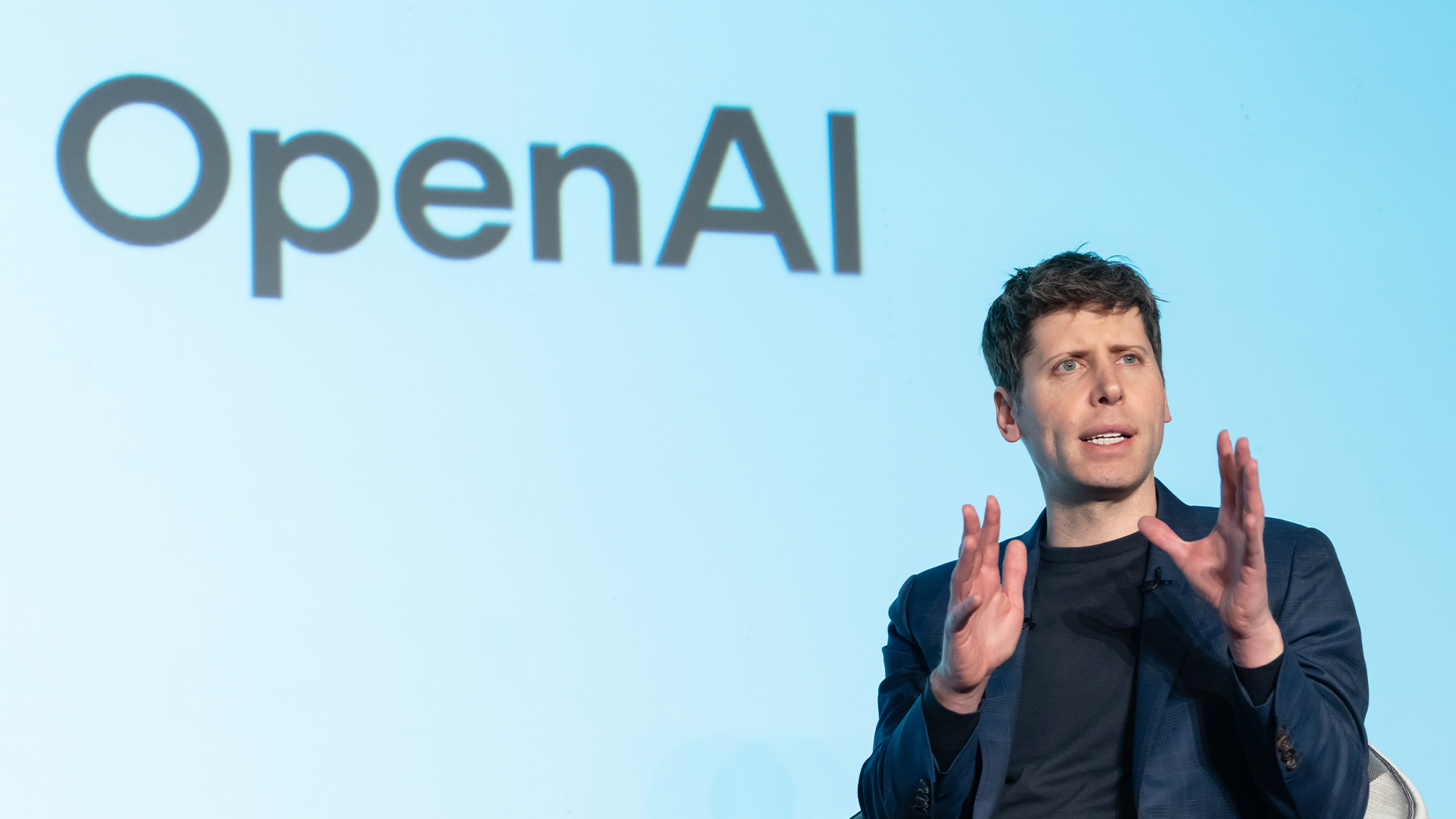 Why Nvidia’s $100 billion deal with OpenAI is a win-win for both companies
Why Nvidia’s $100 billion deal with OpenAI is a win-win for both companiesNews OpenAI will use Nvidia chips to build massive systems to train AI